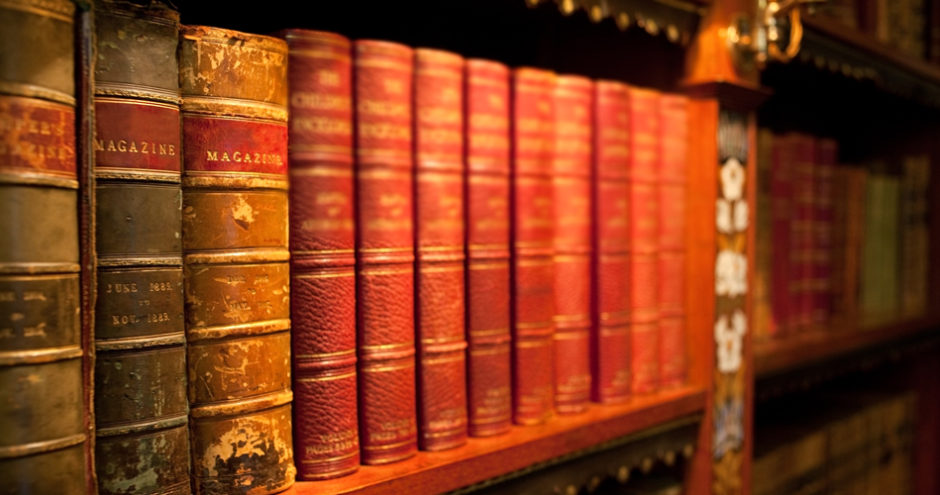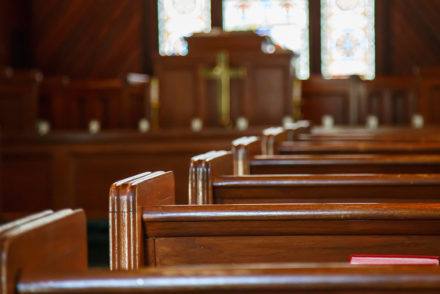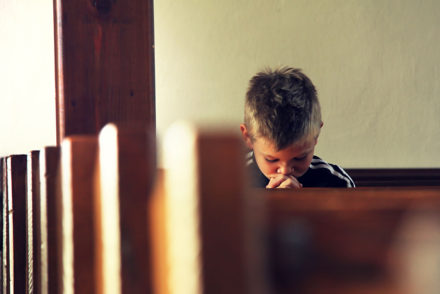As liberal theology developed from within Protestantism in the 19th century, it created a crisis of authority within Christianity in America. The squabbling over orthodoxy spurred theological innovation. Such innovation diminished the authority of Scriptures, eschewed dogmatic claims, and revised Christianity with modernism. Various groups emerged, each trying to redesign Christianity for the modern era. Men like William Ellery Channing, a Unitarian, or Henry Bushnell, often called the father of American liberal theology, would cast a very different vision for Christianity. The birth of theological liberalism developed into the influential social gospel movement of the early 20th century.
Gary Dorrien, in his three volume work, The Making of American Liberal Theology, argues that the main premise upon liberal theology rests in the conviction that Christianity can be expressed without reliance upon an external authority. As Enlightenment thinkers scrutinized the Scripture with a critical eye, scholars questioned the veracity of the Bible. Under this pressure, liberalism developed as a third way alternative “between the authority-based orthodoxies of traditional Christianity and the spiritless materialism of modern atheism or deism” (Dorrien, 1:xiii).
This epistemological shift away from the authority of Scripture to synthesis of both modernistic rationalism and romantic existentialism brewed tensions between those committed to orthodoxy and those insisting upon revising Christianity. Both the conservatives and the liberals within the Christian church believed they were protecting the church from the tumultuous shift of modernism. Conservatives resisted the philosophical shift taking place all around them, attempting to use reason to bunker down in their defense of orthodoxy and the authority of Scripture. The liberals recast Christianity in modern light, hoping to keep it relevant in a culture critical and skeptical about religious claims. All of this came to a head in the fundamentalist-modernist controversy of the 1920s and 30s.
The conservative Presbyterian, J. Gresham Machen, argued in his book Christianity and Liberalism that Christianity and Liberalism are not two variations of the same religion, but two entirely different religions, built on two very different foundations. This is the tragic irony of liberal theology: by shedding away the external authority of the Bible, they replaced it with a wobbling authority of ever changing cultural ideals. They took the firm foundation of the word of Christ and replaced it with the shifting sands of contemporary cultural whims.
As time has proven, theological liberalism is a failed project. As many mainline, liberal denominations dwindle in number and fade into obscurity, we must not loosen our grip on the authority of Scriptures. If the word of God is not the authority in our churches, something else will take its place. That something else will only usher in the decline and distortion of the church. No third way exists between Christ and the world. The Gospel has always offended popular culture and any attempt to dilute its offensiveness only leads to ruin. As voices within and outside the church continue to urge evangelicals to let go of our authority and trust in the Bible, may we cling ever tighter to the unchanging word of God.





